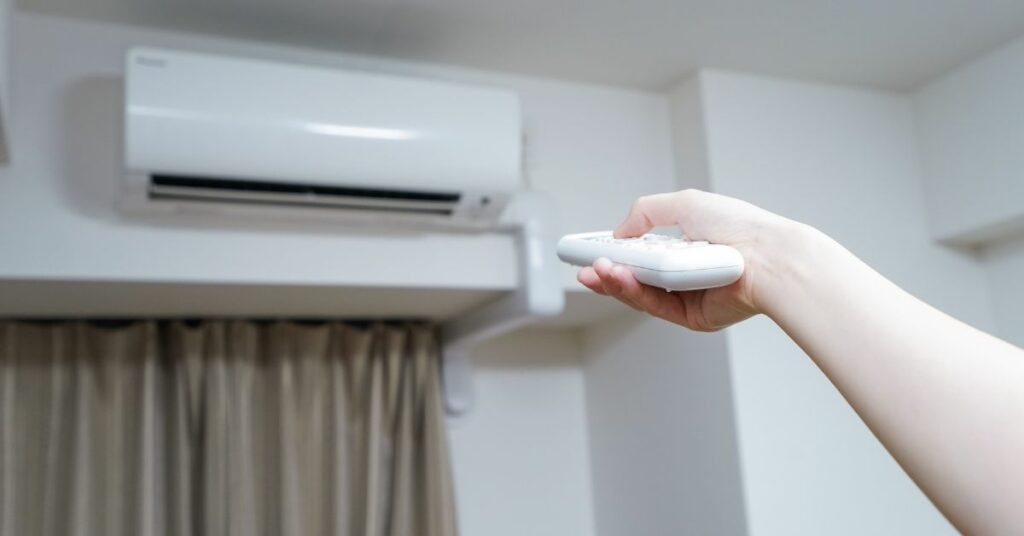Japan has always been a hotbed of technological advancements and cutting-edge innovations. But as the country continues to grow and prosper, it’s essential to understand whether there’s a considerable demand for accountants. After all, managing finances is a critical aspect of any business, and the right accounting professionals can make all the difference between success and failure. In this blog, we’ll explore the ever-evolving landscape of the Japanese job market and determine if accountants are still in demand in the country today. Sit tight, let’s dive in!
1. Overview of the Accounting Industry in Japan
The accounting industry in Japan is highly regulated, with the Certified Public Accountant (CPA) being the highest possible licensing requirement for accountants. To become a CPA in Japan, one must pass the CPA examination and have at least two years of experience in accounting or auditing. Fluency in Japanese is also necessary as the exam is conducted in the language. After passing the exam, individuals must complete a three-year course provided by the Japan Foundation for Accounting Education and Learning (JFAEL). Graduates from this program can apply their skills on an international scale and are not limited to working in Japan. Diversifying one’s skillset is necessary to succeed in the diverse and multifaceted field of accounting in Japan.
2. Requirements to Become an Accountant in Japan
To a certified accountant in Japan, individuals must pass a special examination and have a minimum period of relevant experience. After passing the examination, a three-year professional educational program must be completed. Upon completion, the individual can take a final assessment in their chosen specialization, such as accounting, auditing, or taxation. After passing the final assessments, accountants must register with the Japanese Institute of Certified Public Accountants. Our team of certified professionals follow all ethical codes of conduct for accountants and have relevant experience in the field. Working with an expert like our team ensures compliance with the latest legal tax changes in Japan and accuracy in financial reporting.
3. Different Types of Accounting Jobs in Japan
The of accounting in Japan is extremely wide and diverse, offering various types of accounting jobs for professionals. Some of the different types of accounting jobs available in Japan include financial accountants, financial planners, forensic accountants, public accountants, and tax accountants. A financial accountant has a critical role in overseeing a company’s financial affairs, while a financial planner assists companies in making financial decisions. Forensic accountants investigate fraud and illegal financial transactions, while public accountants provide auditing, taxation, and financial advisory services. Tax accountants are necessary for preparing and submitting financial and tax statements and must have a thorough understanding of Japan’s tax laws. Diversifying skill sets is crucial for success in the accounting field in Japan.
4. Importance of Certification for Accountants in Japan
Certification is highly important for accountants in Japan. The highest qualification an accountant can obtain is the Certified Public Accountant (CPA) license. To become a CPA in Japan, one must pass the CPA examination and have at least two years of work experience in accounting or auditing. The examination is conducted in Japanese, so fluency in the language is necessary. After passing the examination, one must complete a three-year course provided by the Japan Foundation for Accounting Education and Learning (JFAEL) and then take the final examination provided by the Japanese Institute of Public Accountants (JICPA) to become a certified public accountant. Additionally, certification as a public accountant and tax accountant is necessary to work in those respective fields.
5. Growth Opportunities for Accountants in Japan
Accountants in Japan have numerous growth opportunities. The industry is forecasted to have significant growth in the coming years, making it the perfect time to enter the field. Obtaining a Certified Public Accountant (CPA) license allows one to work in a public accounting firm, providing services in auditing, tax consulting, and various services for clients across diverse sectors. Tax accountants are also vital to the operation of businesses, as they prepare and submit financial and tax statements. Additionally, accountants who specialize in financial planning or forensic accounting can carve out unique niches within the industry. With proper qualifications and language skills, there are countless possibilities for accountants to advance and succeed in Japan.
6. Specializations within the Field of Accountancy in Japan
The field of accountancy in Japan offers various career paths with different specializations. A certified public accountant (CPA) can work in a public accounting firm, providing auditing and tax consulting services to clients in diverse sectors. A tax accountant is essential in preparing and submitting financial and tax statements and must be knowledgeable of Japan’s tax laws. Forensic accountants investigate fraudulent financial transactions, while financial accountants assist companies in making wise financial decisions. Financial planners, on the other hand, offer investment opportunities, budgeting, and tax strategizing services to companies or individuals. Understanding the different specializations within accountancy in Japan is vital for career growth and success.
7. Financial Advising and Planning as an Accounting Career in Japan
Financial advising and planning is a growing career path for accountants in Japan. These professionals are responsible for managing a company’s financial affairs, including budgeting, tax strategizing, and investment opportunities. They help the leadership team make wise financial decisions by identifying areas for growth and cost-cutting. In Japan, financial advisors typically require qualifications in accounting and finance, with a focus on financial planning. With the continued growth of the Japanese economy, financial advising and planning is becoming a sought-after profession, with many opportunities for career advancement and competitive salaries. Aspiring accountants interested in this field should consider obtaining a Certified Public Accountant (CPA) license and pursuing specialized education in financial planning.
8. Investigative Nature of Forensic Accounting in Japan
Forensic accounting is an important field in Japan, especially in the wake of recent high-profile accounting scandals. The role of a forensic accountant is to investigate financial fraud and provide evidence for legal cases. This field requires specialized skills and knowledge, and there is a growing demand for forensic accountants in Japan. The role is particularly important for multinational corporations operating in Japan, who often face complex legal and accounting challenges. A forensic accountant must have a strong understanding of Japanese accounting regulations as well as the ability to work across cultures. As such, the field offers exciting opportunities for skilled accountants who are looking to specialize in a challenging and rewarding field.
9. Role of CPAs and CPTAs in Japan’s Accounting Industry
In Japan, the highest level of certification for accountants is the Certified Public Accountant (CPA) and the Certified Public Tax Accountant (CPTA). These certifications are mandatory for those who want to work as public accountants or tax accountants, respectively. CPAs perform audits under the Certified Public Accountant Law while CPTAs provide tax agent services and consultations under the Certified Tax Accountant Law. Both CPAs and CPTAs need to have business consulting skills. To become a CPA or CPTA, one needs to pass the respective exams in Japanese, have at least two years of accounting experience, complete a three-year professional education course, and pass the final exam provided by the Japanese Institute of Public Accountants.
10. Importance of Japanese Language Proficiency for Accountants in Japan
Japanese language proficiency is a crucial element for accountants seeking to start a career in Japan. To become a Certified Public Accountant in Japan, it is compulsory for individuals to pass the CPA examination, which is conducted in Japanese. Additionally, completing a three-year course provided by the Japan Foundation for Accounting Education and Learning is necessary, followed by a final examination provided by the Japanese Institute of Public Accountants. Therefore, it is essential for foreign accountants to have fluency in the Japanese language to achieve these certifications. Taking the Japanese Language Proficiency Test (JLPT) can prepare individuals to take these exams successfully.

Meet Michael Graham, the main author of SeekTraveler.com. With a wanderlust that knows no bounds, Michael has traversed more than 30 countries across the globe. From sun-soaked Caribbean islands to the ancient marvels of Europe and the captivating charm of Japan, he has witnessed the wonders of diverse cultures firsthand. Michael’s in-depth knowledge and contagious enthusiasm for travel will inspire you to pack your bags and embark on your own extraordinary journey.



